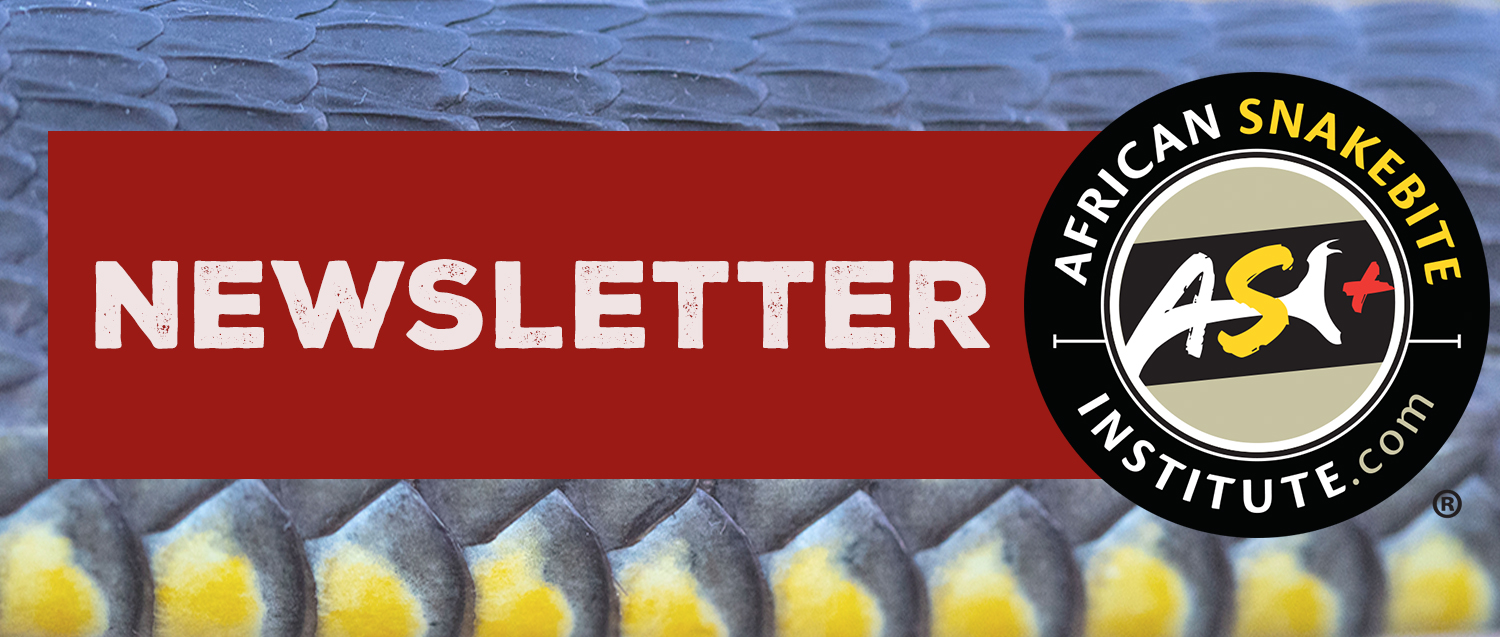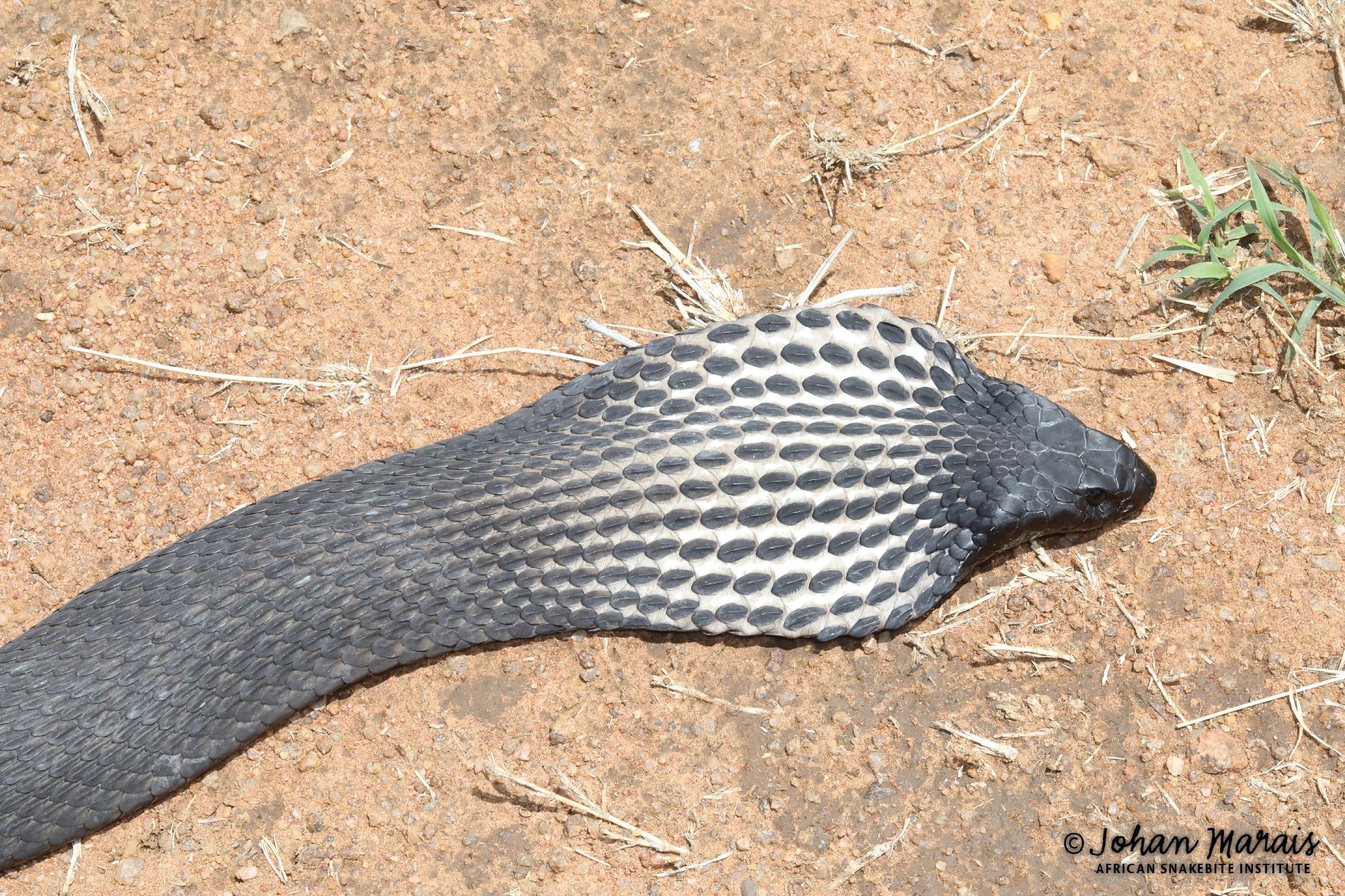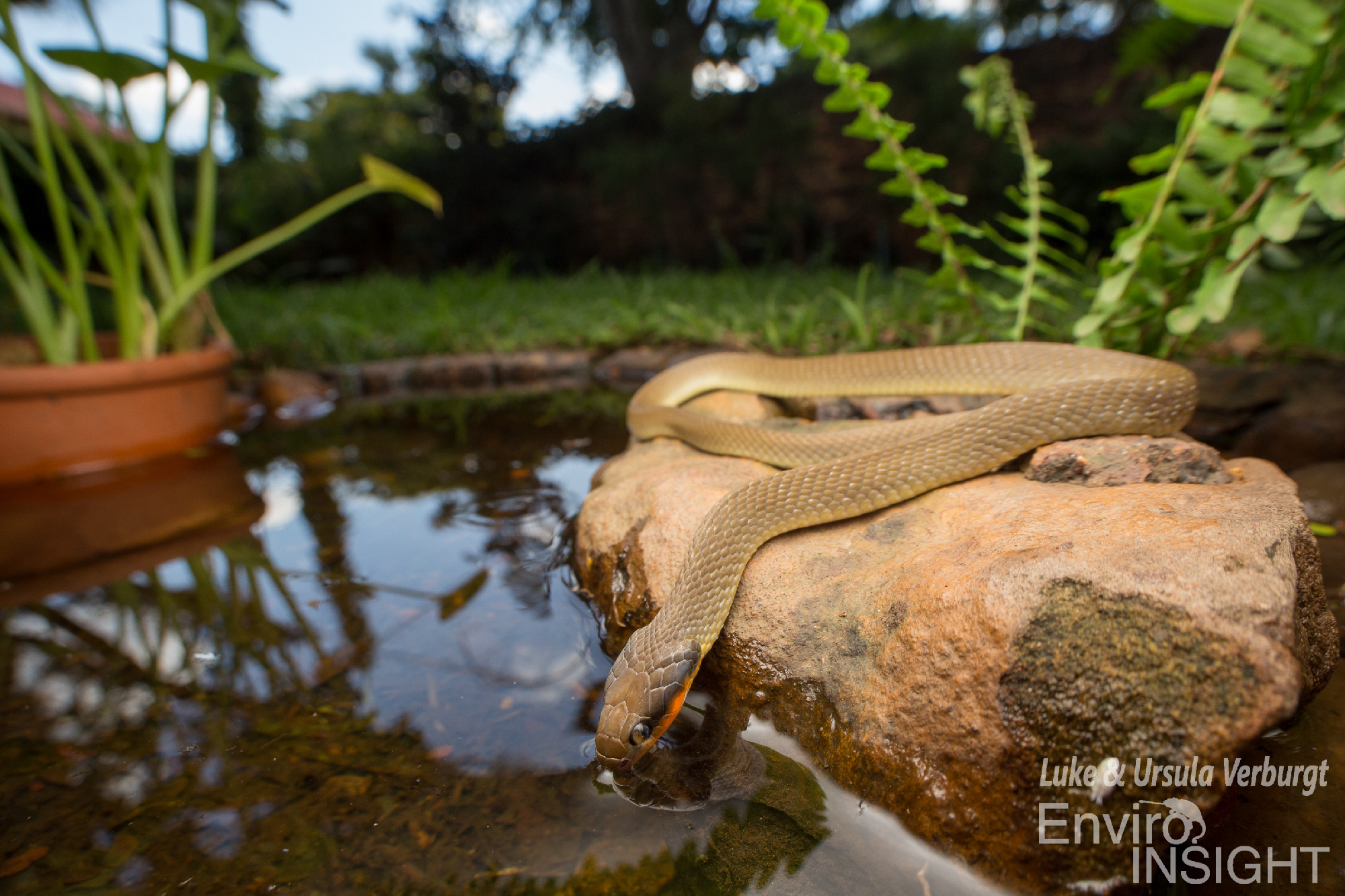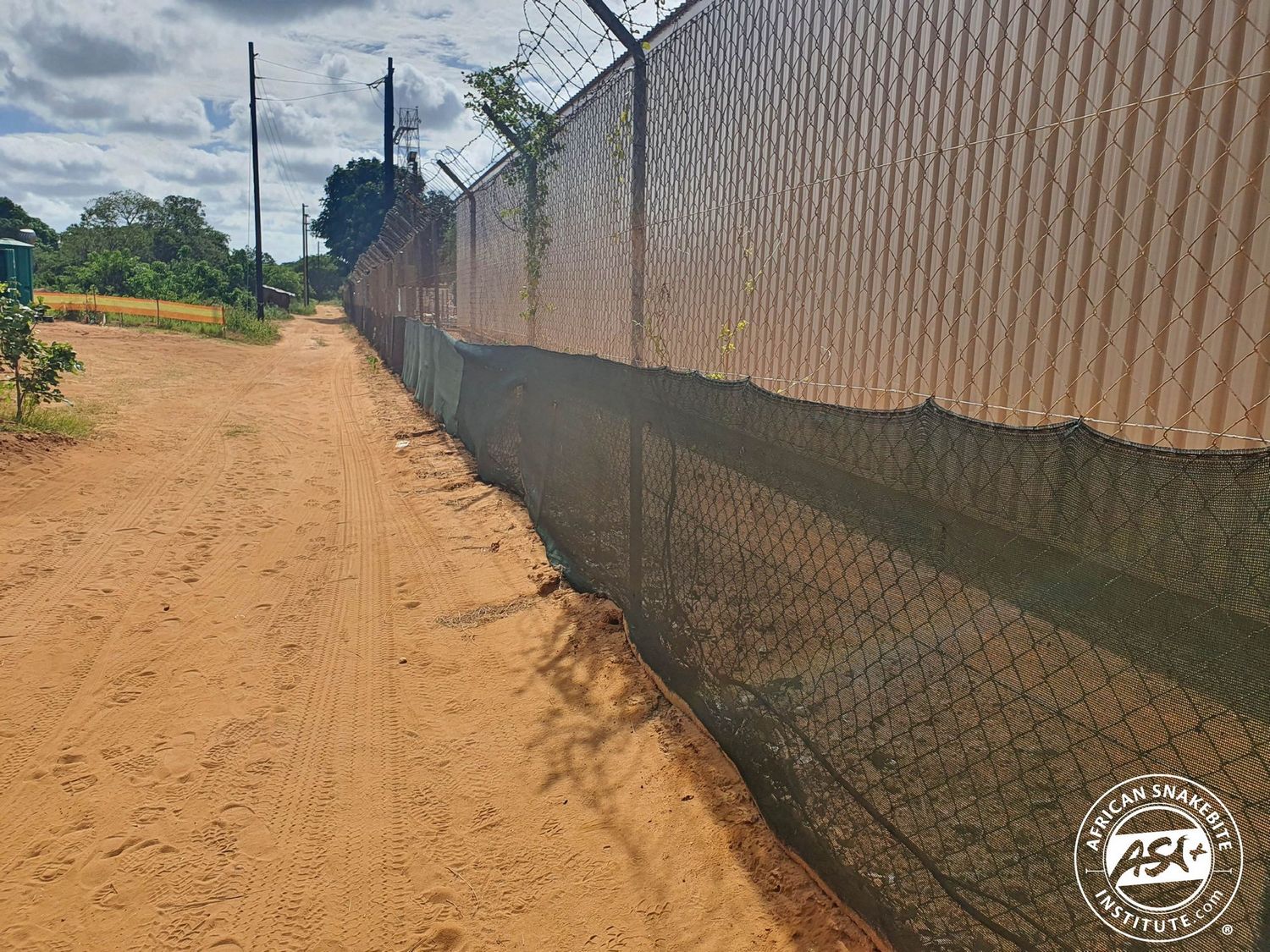|
You are receiving this email because you signed up for the monthly ASI Newsletter.
If you no longer wish to receive these emails you can unsubscribe here
|
 |
|
August 2024 - Snake Season
|
|
|
|
People often think that our snakes go into hibernation during winter, but that is not quite the case. As temperatures drop, snakes become less active and spend far more time underground. Some snakes, like Puff Adders and the Southern African Python, mate in the middle of the winter in the northern parts of their range, where day temperatures often exceed 23 degrees Centigrade. Certain snakes, like the Rinkhals or Black Mamba, will often emerge from their hideouts in the middle of winter to bask, but are quick to disappear if disturbed. Snakebite incidences are rare during winter when most of our snakes are in a state of torpor and do not feed.
|
 |
|
Rinkhals will often bask in the winter months. By spreading the hood they increase the surface area and can absorb more heat.
|
|
|
ASI Budget Gaiters
Tried and tested against bites from the Puff Adder, Cape Cobra, Snouted Cobra and Black Mamba with no penetration during testing.
The outer shell is made from a heavy-duty nylon cordura fabric, and the insert panels are made from molded polypropylene panels, for maximum protection.
These gaiters include a 3-panel moulded boot cover to ensure foot protection at the ankle. Two adjustable straps with buckles ensure a secure fit – one size fits all.
Price R895.00
|
| Order here |
|
|
|
Most snakes mate in spring with females emitting pheromones to attract males. Over much of southern Africa, snakes become very active after the first spring rains, and this is when we see an increase in snakebite incidences. While some people are bitten on the hand, especially during farming activities, or by the Mozambique Spitting Cobra while asleep in a bed, most bites are well below the knee, when people accidentally step onto a snake.
|
|
|
|
What should one do should you encounter a snake?
Immediately retreat at least five paces and observe the snake from that safe distance. Bear in mind that some snakes can spit their venom with a range of close to 3 m.
Never attempt to catch or kill a snake unless you have been trained in safe snake removal and have the right equipment. Avoid using braai tongs or garden gloves to remove a snake.
Immediately clear the area of people and remove all pets, especially dogs. Dogs are natural hunters and quick to try and kill any snake that they encounter.
Call your local snake remover. There are over 800 snake removers on our free app - ASI Snakes (http://bit.ly/snakebiteapp).
|
 |
|
Snakes are often attracted to gardens for water or food.
|
|
How to keep snakes out of your property:
Unfortunately, there is no effective snake repellent. This includes substances like Jeyes Fluid, old oil, diesel, moth balls, various plants and commercially available snake repellents.
Keep your garden clean and neat and remove building rubble or other suitable hiding places for snakes.
Water features, pet food in outside bowls and aviaries will attract snakes as they hunt for rodents and toads.
Physical barriers like shade cloth or zinc sheeting wrapped or placed around a fence without gaps and around 1m high will prevent snakes from entering a property.
|
 |
|
Shade cloth wrapped around a fence and buried into the ground create a physical barrier against snakes.
|
|
|
|
ASI Smart Pressure Bandage
The smart pressure bandages have printed rectangles on them and when applying the bandage it must be stretched until the rectangles form squares – the correct pressure is attained every time.
Only for use in cases of confirmed Black Mamba or Cape Cobra bites.
Price includes a FREE First Aid for Snakebite Booklet.
Price R195.00
|
| Order here |
|
|
|
In the event of a snakebite:
Keep the patient calm and ensure that the snake is no longer in the immediate area. A second bite will complicate matters.
Avoid tight bandages, especially arterial tourniquets.
Cutting and sucking has no benefit, as snake venom cannot be sucked out.
Avoid all other home remedies and transport the patient to the nearest emergency room at a hospital. You can remove jewelry like rings or watches as well as restrictive clothing around the bite site as the majority of bites will result in swelling. Keeping the limb elevated above the heart will reduce the pain and throbbing.
Always bear in mind that it is a lack of oxygen that results in most snakebite fatalities, with the main culprits being the Black Mamba and Cape Cobra – if the patient is in a hospital and breathing is compromised, the medical team can stabilize the patient and intubate and ventilate the patient.
Antivenom is not a first aid measure and can only be administered by a medical doctor in a hospital environment. Nine out of ten snakebite victims that are hospitalized do not receive antivenom as it is not always necessary. Many bites are not severe and can be treated symptomatically.
Refrain from trying to kill the snake to take it along to the hospital – doctors do not need to know what snake was responsible for a bite, but a clear photograph of the offending snake may well assist the doctors as they will have an indication of what symptoms to look out for. Bites are generally treated based on symptoms that present in the patient.
Most snakes try and make a quick escape when disturbed. However, snakes that are stood on or attacked will defend themselves. As we approach warmer weather, make sure you are ready for the snake season.
|
|
|
|
|
|
JM 150 Snake Tong.
Africa's Best Selling Snake Tong.
The JM150 Snake Tong are by far our most popular snake tong for both discerning corporate and private clients. This tong is ideal for removing problem snakes, especially on mines, game farms and game lodges. The extra 50 cm (compared with the JM100) keeps the snake further away from the handler and is thus far safer.
Price R1350.00
|
| Order here |
|
|
|
|
|
|
|
|
|
GAUTENG
MULDERSDRIFT
Snake Awareness, First Aid for Snakebite and Venomous Snake Handling Course
Date: Saturday 31 August 2024
Venue: Cradle Moon Lakeside Lodge, Muldersdrift
|
|
|
| Book here |
|
|
|
KWAZULU-NATAL
Snake Awareness, First Aid for Snakebite and Venomous Snake Handling Course
Date: Saturday 14 September 2024
Venue: PheZulu Safari Park, Assagay
|
|
|
| Book here |
|
|
|
KWAZULU-NATAL
Advanced Venomous Snake Handling
Date: Sunday 15 September 2024
Venue: PheZulu Safari Park, Assagay
|
|
|
| Book here |
|
|
|
KWAZULU-NATAL
Kids' Snake Awareness Course
Date: Sunday 15 September 2024
Venue: PheZulu Safari Park, Assagay
|
|
|
| Book here |
|
|
|
WESTERN CAPE
KLAPMUTS
Snake Awareness, First Aid for Snakebite and Venomous Snake Handling Course
Date: Saturday 21 September 2024
Venue: Exotic Animal World, Klapmuts
|
|
|
| Book here |
|
|
|
WESTERN CAPE
KLAPMUTS
Venomous Snake Handling Bootcamp
Date: Sunday 22 September 2024
Venue: Exotic Animal World, Klapmuts
|
|
|
| Book here |
|
|
|
|
|
|
|
Johan Marais is the author of various books on reptiles including the best-seller A Complete Guide to Snakes of Southern Africa. He is a popular public speaker and offers a variety of courses including Snake Awareness, Scorpion Awareness and Venomous Snake Handling. Johan is accredited by the International Society of Zoological Sciences (ISZS) and is a and SASTM (South African Society of Travel Medicine) - approved service provider. His courses are also accredited by the HPCSA (Health Professions Council of South Africa). Johan is a qualified instructor for the Emergency Care & Safety Institute in Oxygen Administration and Wilderness First Aid and a qualified Basic Life Support instructor.
|
 |
|
Copyright © 2024 African Snakebite Institute, All rights reserved.
Our mailing address is:
admin@asiorg.co.za
unsubscribe from this list
|
|
|